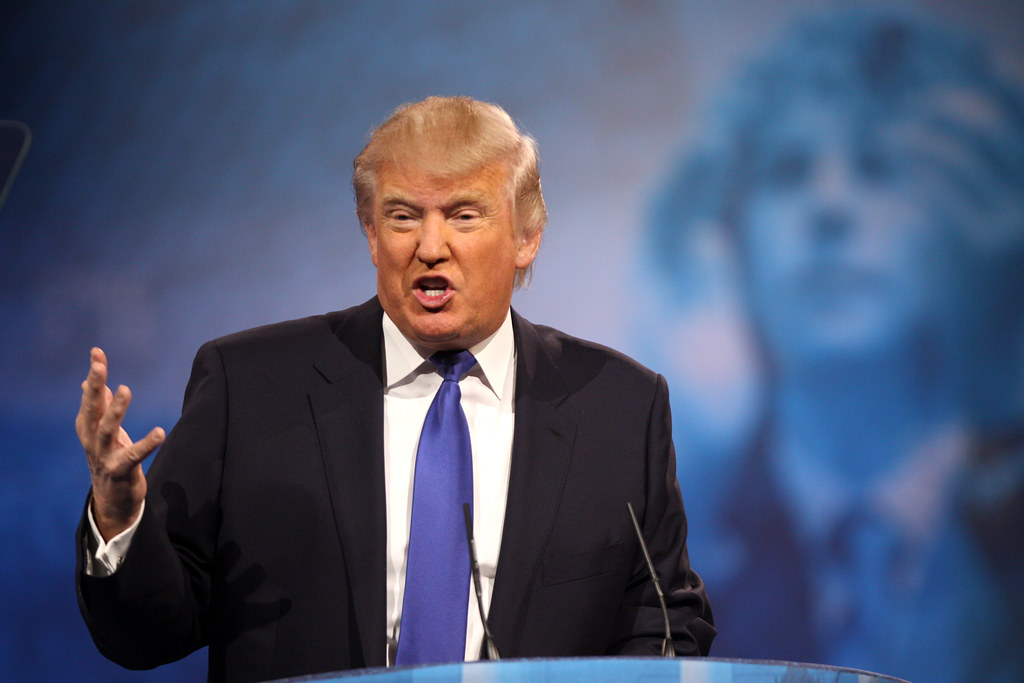State-linked Chinese entities are increasingly turning to cloud services, including those provided by Amazon Web Services (AWS), to gain access to high-end U.S. chips and artificial intelligence capabilities that are otherwise restricted due to U.S. export controls. Recent public tender documents reveal this trend, highlighting that such access is made possible through Chinese intermediary companies, not directly through AWS. These cloud-based solutions, while legal under current U.S. regulations, circumvent direct export restrictions imposed to limit the Chinese military’s technological capabilities.
Over the past two years, the U.S. government has restricted the export of advanced AI chips to China, such as Nvidia’s A100 and H100 models, citing national security concerns. However, regulations do not currently prohibit Chinese entities from accessing these chips via cloud services. A review of over 50 public tender documents shows at least 11 Chinese entities sought access to restricted U.S. technologies or cloud services, with four explicitly naming AWS as their provider through intermediaries.
These tenders underscore how Chinese entities are leveraging cloud computing to gain advanced computing power and access generative AI models, such as those used for large language models (LLMs) similar to OpenAI’s ChatGPT. Notably, Shenzhen University utilized an AWS account to access cloud servers powered by Nvidia chips for an unspecified project, facilitated by the intermediary Yunda Technology Ltd Co. Meanwhile, Zhejiang Lab indicated plans to use AWS cloud computing services for its GeoGPT model due to insufficient computing power from Alibaba’s Alicloud, though it did not finalize the purchase.
The U.S. government is currently working on tightening regulations to close this loophole. Legislation introduced in Congress seeks to empower the Commerce Department to regulate remote access to U.S. technology. Proposed rules would require cloud service providers to verify and report large AI model users and could potentially prohibit certain customers. AWS and other cloud service providers have stated they comply with all applicable U.S. laws.
The demand for cloud services extends beyond AWS, with Chinese entities also showing interest in Microsoft’s Azure services. For instance, Sichuan University purchased Microsoft Azure OpenAI tokens for a generative AI project, facilitated by Sichuan Province Xuedong Technology. Despite restrictions, some Chinese entities continue to access high-performance computing resources, highlighting ongoing concerns about the effectiveness of U.S. export controls.
The broader trend includes Amazon offering access to advanced AI models, such as Anthropic’s Claude, to Chinese clients. Although these models are not officially available in China, subsidiaries or product divisions located outside of China can use them, leading to complex compliance scenarios. In response to inquiries, Amazon updated and removed promotional content related to these services in its Chinese-language channels.
This situation has raised alarms among U.S. lawmakers and regulators, emphasizing the need for stricter controls to prevent advanced U.S. technology from being accessed indirectly by Chinese entities through cloud platforms.










